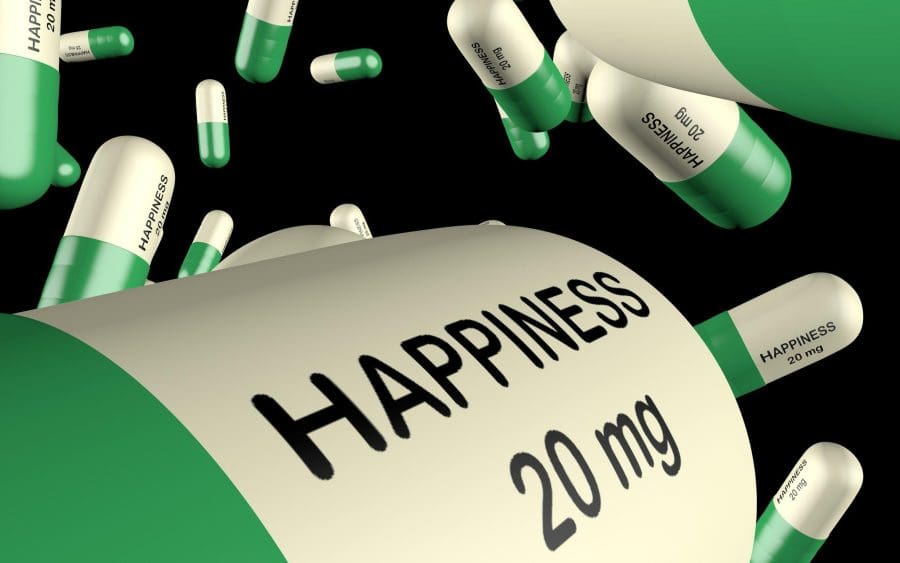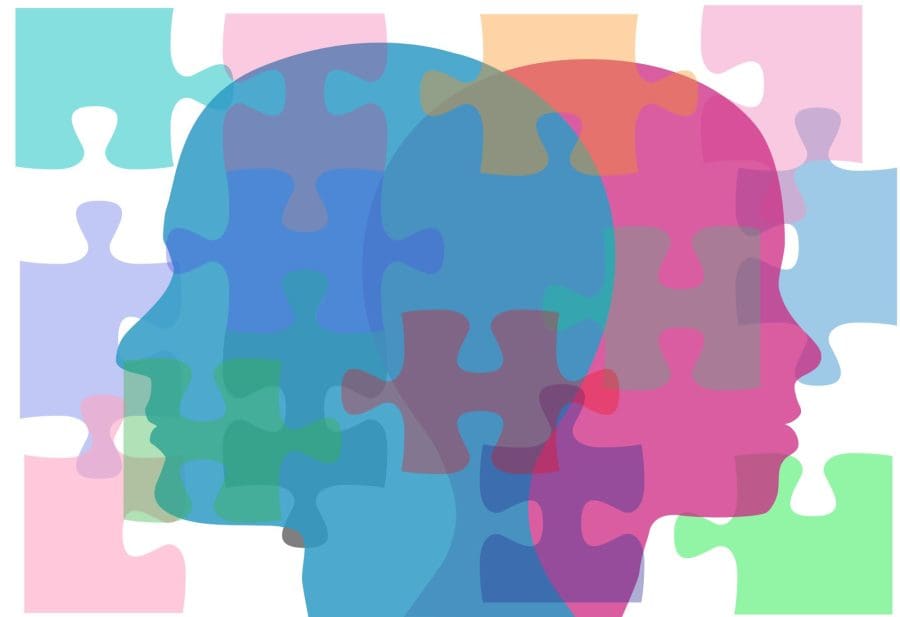Do you find yourself becoming fixated on one particular hobby, activity, or feeling? Do you find yourself chasing “highs” or exhilarating experiences without being able to stop? Are you willing to try anything despite the consequences, especially in social situations? If so, you might have an addictive personality.














